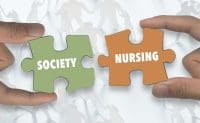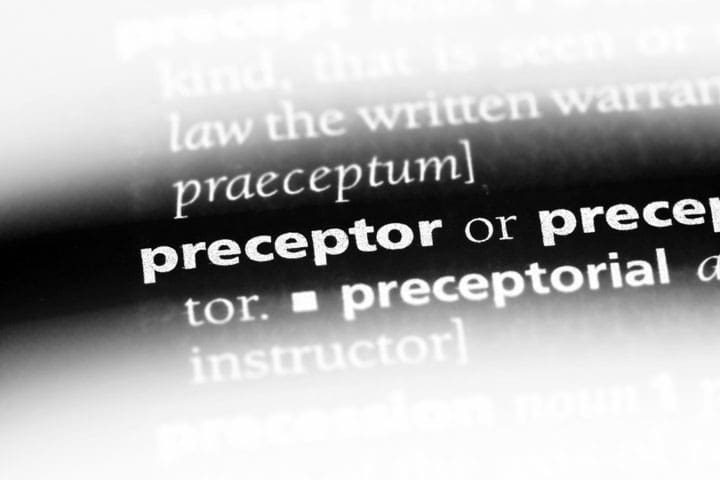There’s a Deep, Dark Secret in nursing that most of us know and few of us acknowledge: RNs are the last people to look after their own healthcare needs. Registered nurses are first-line advocates for the patient, so often going the extra mile to make sure that our patients’ needs are met, their fears calmed, and their comfort assured. Yet we are generally unforgiving of ourselves—and sometimes perhaps even of our colleagues—for experiencing weakness in any way on the job. Unfortunately, our working environment often subtly encourages such inhuman expectations.
However, chronic health conditions are a fact of life and no less likely to strike nurses than the general population. Due to the nature of our jobs, nurses are even more susceptible to certain conditions, such as chronic low back pain. Similarly, many diseases that once limited a nurse’s ability to practice are now controllable with medications and treatment.
Yet some nurses remain ambivalent about seeking care because they believe that a confirmed diagnosis is professional suicide. And it is no wonder. The rules and procedures in place in some healthcare facilities are relics of our past conceptions of “impaired” practice, and today much ambiguity remains about how to handle a nurse who is taking medication or under treatment for a health condition.
Certainly the need for protocols to identify and responsibly deal with nurses who may have addictions or substance abuse problems has not decreased. However, these rules and procedures must be refined to acknowledge our more sophisticated understanding of human response to legitimately prescribed medications. The myth seems to linger that if a nurse takes any medication—particularly a prescription narcotic—she or he is automatically “impaired” due to the very nature of the drug.
While the nurse-manager and the staff nurse may have differing interests when it comes to the disclosing of health conditions and treatments, The Code of Ethics for Nurses is their common ground, with patient safety as the touchstone for decision making. The Code states: “The nurse promotes, advocates for, and strives to protect the health, safety, and rights of the patient.” This seems pretty clear. We are not making a judgment about the nurse. Our responsibility is to be aware of questionable or inappropriate practice—practice that may not be in the best interest of patient safety and well-being.
In addition to our individual responsibility to our patients, we each hold that responsibility to our colleagues and ourselves. Our employers and managers have an equally important responsibility to respect nurses and not to punish, shame, or embarrass those seeking treatment or accommodations for various health conditions or diseases. The fear of repercussions has no place in a healthy work environment. The intangibles required are trust and respect.
Nurses are ethical caregivers. The Gallup Poll ratings that place nurses almost consistently first among trusted professions do not happen by accident. The profession has earned this cumulative trust and respect. We must trust nurses to live by their Code of Ethics, to disclose any potential conditions that could interfere with their clinical judgment or capability. At the same time, nurses must be confident that they will be evaluated on an individual, case-by-case basis, when the issue of potential impairment arises.
How we respond to this situation has everything to do with who we are as a profession. Our first step: We have to give up our stigmatization of nurses who seek treatment for various health conditions and diseases. Instead, we have to look after our own.
Nurses must work together toward a cultural change in our profession. How do we do that for ourselves within the nursing community? Check out your facility: Does it still function under an archaic “don’t ask, don’t tell” policy that helps no one? Work to change it. When you hear quick judgments made about your colleagues’ “weaknesses,” help to educate the speaker. Confront “labelers.” And most of all, advocate for wellness for yourself and your colleagues as you would for your patients. You deserve no less.
Rebecca M. Patton, MSN, RN, CNOR
President
American Nurses Association


















1 Comment.
First we need to enlighten our BON to the fact that nurses can and do function under medication.I’m trying to GET my license and am being sent to IPN, which puts a black make on me before I even start!!!! I’m being treated by a qualified pain mgt. , addictionologist, medical director of a substance abuse tx. center and a asst. professor at a college of medicine, the BON is aware of this and still is doing this to me any suggestions?